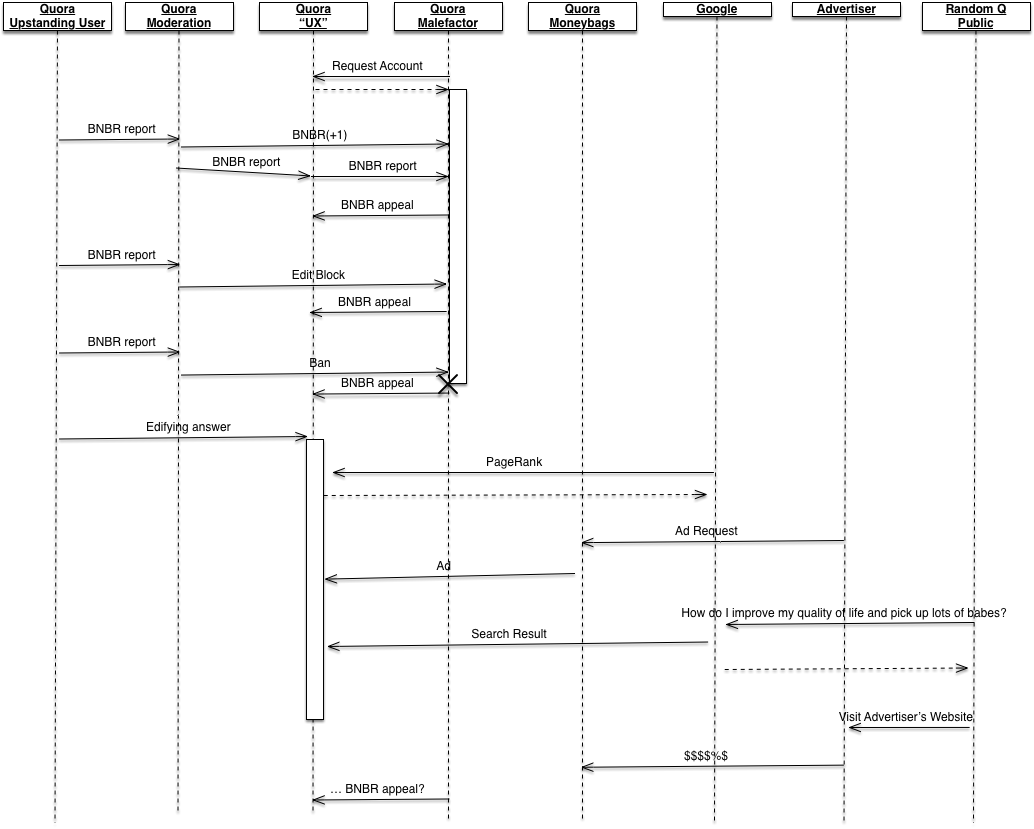Ancient Greek verbs. Gotta love ’em.
Well, actually, no. Don’t gotta love ’em.
So. As Stephen Nelson continues to be thrown by the middle voice, I continue with the series “Ancient Greek Middle Voice: Booooo”, last installment being Nick Nicholas’ answer to Since the active and middle voices of the 2nd aorist forms of “to stand” are intransitive (ἵστημι – ἔστην vs ἐστάμην), are these forms synonymous?
ἵστημι ‘to stand’ appears in the active, and in the middle. If we are lucky, then the active forms are transitive, “to stand something up, to make something stand”, and the middle forms are intransitive, “to be standing”, and things would be clean.
If we are unlucky, then the present middle forms (ἵσταμαι) can be either transitive or intransitive, and the perfect active forms (ἕστηκα) can also be transitive or intransitive, and the two might mean the same thing, “to be standing”.
Which would be just like Greek. And yes, we are unlucky.
LSJ, what sayest thou?
LSJ starts by differentiating the two meanings. Good, good:
- I: Causal, make to stand.
- II: Intr., stand.
And then refines them:
- A. Causal,
- I. make to stand, set up
- II. set, place, of things or persons
- III.
- 1. bring to a standstill, stay, check
- 2. set on foot, stir up
- 3. set up, appoint
- 4. establish, institute
- 5. determine
- 6. fix by agreement
- 7. bring about, cause
- IV.
- 1. place in the balance, weigh
- 2. weigh out, pay
- B. Pass and intr tenses of Act. = to be set or placed
- I.
- 1. stand
- 2. take up an intellectual attitude
- 3. in pregnant sense [i.e. to be facing a prospect]
- II.
- 1. stand still, halt
- 2. metaphorically: stand firm
- III.
- 1. to be set up or upright, stand up, rise up
- 2. to be set up, erected
- 3. arise, begin
- 4. to begin, in marking time
- 5. to be appointed
Lovely. So how do the voices match up with these?
The start of the entry on ἵσταμαι is in fact a giant mapping of verb tenses to the two classes of meaning. But you should already know how this is going to go, from the definition of B. And because this is Greek:
- Pass and intr tenses of Act
The active means transitive “to make something stand”. The passive means intransitive “to be made to stand”, i.e. to be standing. And the active has “intransitive tenses”. Meaning exceptions.
The mappings given are:
A. Causal. Active: present ἵστημι, future ἑστήσω, first aorist ἔστησα, ἔστασα, perfect ἕστακα; also ἕστηκα in trans. sense; ἕστακεῖα trans. in Test.Epict.
B. Intransitive. Active: second aorist ἔστην, perfect ἕστηκα; late present ἑστήκω formed from perfect, hence future ἑστήξω. Passive: present ἵσταμαι, future σταθήσομαι, aorist ἐστάθην, perfect ἕσταμαι. (It isn’t Doric, it’s Attic.)
*phew*
Allow Dr Nick to elucidate.
The bad news is that there are active forms that still mean “to be standing” and not “to stand something up”.
The very very good news is that this was too confusing even for the Ancient Greeks, so they made sure that the active tenses that meant “to be standing” and the active tenses that meant “to stand something up” did not look like each other: ἔστησα vs ἔστην, ἕστακα vs ἕστηκα (with an exception in one text). There’s also ἵστημι vs ἑστήκω and ἑστήσω vs ἑστήξω, and that’s actually a brand new verb made up from the perfect intransitive ἕστηκα.
The actual question Stephen is asking is: if the active perfect ἕστηκα and the middle present ἵσταμαι both mean “to be standing”, is there some nuance of meaning differentiating the two?
I really hate to say yes, especially given the last answer I gave, but probably yes. A perfect tense is all about being in the aftermath of something, in a state resulting from something. So a perfect tense for “I am standing” is going to be more stative, more durative, than a simple present; maybe more like “I’ve been standing”. You will see some Greek grammars awkwardly hint at this with “I have set myself” vs “I stand”, or as with this German PDF, ich stelle mich “I place myself” vs ich habe mich gestellt => ich stehe “I have placed myself = I stand”.
Unfortunately Greek grammars were mostly written in the 19th century, when people still had a very vague notion of semantics. I’m sure some linguistics postgrad somewhere has worked out a proper treatment of this distinction in the past 50 years, but it won’t have made it into the teaching grammars.

